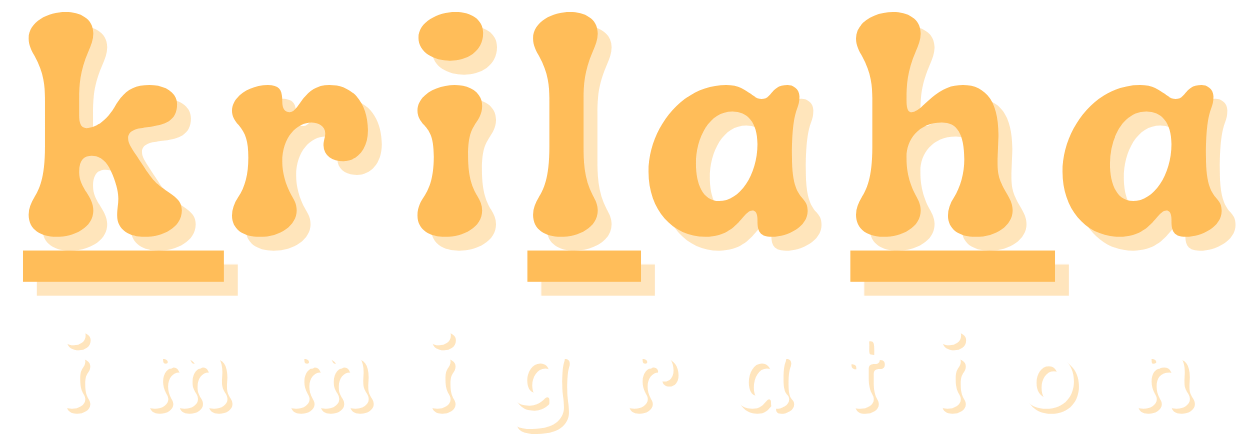Canada is scaling up the Economic Mobility Pathways Pilot (EMPP), which lets qualified refugees use their skills and job offers to immigrate through economic streams. The update introduces measures that simplify employer participation and reduce red tape for candidates with in-demand skills, marrying humanitarian protection with labour-market needs.
Why it’s important: Many refugees have training as nurses, engineers, tradespeople, or IT professionals, but displacement disrupts credentials and documentation. EMPP bridges that gap—offering tailored facilitation (e.g., document flexibilities, fee exemptions in some cases), so employers can hire and candidates can qualify for PR through adapted economic pathways.
What’s new this year: IRCC’s latest announcement underscores faster matching, clearer employer supports, and streamlined processing for eligible cases. Provinces and partners play a growing role in identifying roles that can be filled by EMPP candidates, especially in health care and skilled trades.
For employers: If you’re struggling to fill roles, EMPP may be a route to hire a vetted, skilled candidate while contributing to a life-changing resettlement outcome. Expect standard admissibility checks and reasonable onboarding support needs; in return, you gain committed, experienced employees.
For candidates: You’ll still need to meet language and credential standards for the chosen program, but you can receive help overcoming documentation barriers. We coordinate with employers, credential bodies and IRCC to assemble a compliant, compelling file.
Source: IRCC news – “Canada creates a stronger pathway under the Pilot for Skilled Refugees.” Canada.ca
